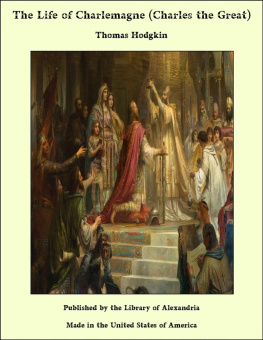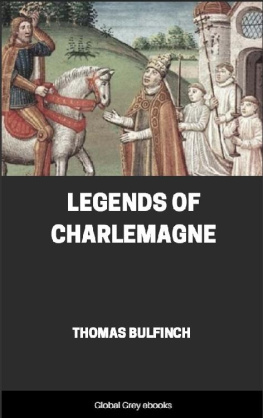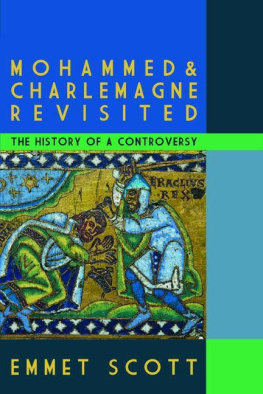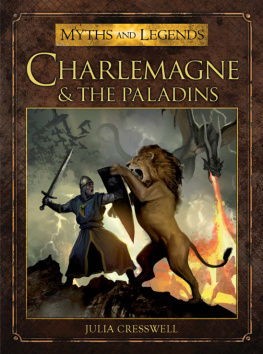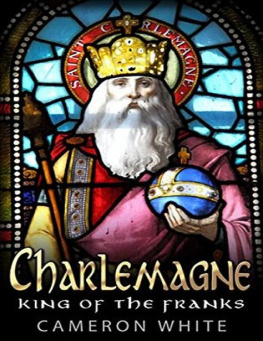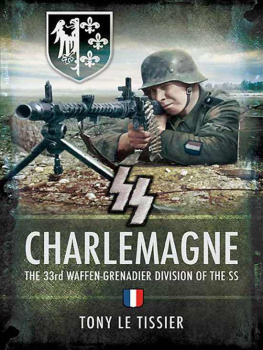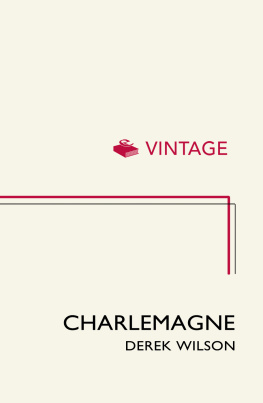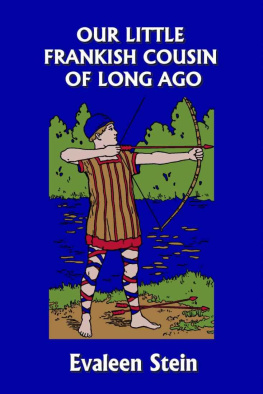ONE OF THE NOBLEST POSSESSIONS of the Roman Empire was the province of ancient Gaul. Much blood and treasure had been expended in its conquest; infinite wisdom, moderation, and vigour had been displayed in the means taken to attach it to the dominion of the Caesars; and the passing of several centuries had strongly cemented the union, and incorporated the conquered with their conquerors. Unwieldy bulk, enfeebling luxury, intestine divisions, and universal corruption soon, however, began to draw down the impending destruction upon the head of the imperial city. Attack after attack, invasion following invasion, left her still weaker under each succeeding monarch; province after province was wrested from her sway, till at length Odoacer, chief of the Scyrri, raised his standard in Italy; Romulus Augustulus yielded the empty symbols of an authority he did not possess; and the Roman Empire was no more.
Previous to this period, however, Gaul had been in fact, though not in name, separated from the falling monarchy, and portioned out among a thousand barbarous tribes. The country between the Rhone and the Alps had long been possessed by the Burgundians; the Goths held the whole territories situated between the Loire and the Pyrenees; Brittany, or Armorica, was divided between fresh colonies of Saxons and the remains of the aborigines; great part of the east of Belgium was in the hands of the Franks; and the Roman legions that were still left to maintain the almost nominal possession of Gaul, cooped up in a narrow space, and threatened daily by active and warlike enemies, thought of nothing but casting off the control of their enfeebled country, and finding strength in independence.
In the meantime the larger cities were filled with a mixed population, consisting partly of the Roman colonists, partly of the ancient Gauls, partly of their savage conquerors. Some few, indeed, either by accident or courageous resistance, had escaped the fury of the invaders and remained free, while all around them had been subdued; some had been sacked and left desolate; and some, having been ceded by the falling emperors themselves to the Goths, or to any other of the tribes in temporary alliance with Rome, had passed more mildly under the sway of the barbarians, and enjoyed as much protection as could be afforded in times so disastrous.
Such was the general aspect of the province a little previous to the final overthrow of the Roman Empire. But those were days of change, when nothing was fixed; and the nation which ruled today, tomorrow had passed away, and was unknown; and all that continued with unaltered force was ravage, disorder, and destruction.
Each of the savage tribes of the north, in its passage to more fertile regions, had expended its first fury on the plains of Gaul, and had contributed to sweep away letters, and institutions, and arts.
Innumerable nations of barbarians, says St. Jerome, in his letter to Aggerunchia, took possession of the whole of Gaul. The Quadi, the Vandals, the Sarmatians, the Alani, the Gepidae, the Herculi, Saxons, Burgundians, Germans, and Pannonianshorrible republic!ravaged the whole country between the Alps, the Pyrenees, the ocean, and the Rhine. Assur was with them. Mayence, formerly a famous city, was taken and sacked, and thousands of its inhabitants massacred. Worms was ruined by a long siege; the people of the powerful cities of Rheims, Amiens, and Arras, the Morini, situated in the far parts of Belgium, and the inhabitants of Tournay, Spires, and Strasburg, were transported into Germany. Aquitaine, the Lyonaise, and the Narbonaise were entirely devastated, except some few of the towns; and these the steel smote without, while famine desolated them within.
The Goths, the Vandals, and the Huns added, one after the other, a fresh load to the mountain of calamities piled up on unhappy Gaul; and often left scattered colonies behind, still to devour the land, and to carry on the work of barbarism so signally begun.
With such a picture before our eyes, it is scarcely possible to conceive the existence of anything like a state of society regulated, even in the slightest degree, by fixed principles. In what relationship, could man live with man, when all ties were broken, and when the discordant elements of the population offered a chaos of different nations, languages, manners, and ideas, precluding the possibility even of that simple form of government common among savage nations? In the fields and plains, then, it is probable that the whole was chaotic confusion, and that for a long time all rule was at an end, except that rule which it is the object of every law to correct,the rule of the strong over the weak.
Within the larger cities, however, two or three principles of security still existed. In those towns which had resisted the barbarians, it seems that the institutions of Rome yet remained almost entire; and that, though the inhabitants were cut off from the source of their laws, the necessity of combination for the general defence maintained at least some internal regularity and order. The extent to which the Roman law was preserved during the middle ages is a question of great difficulty, and one on which I am not called to enter at large in this place, more especially as the subject has been argued ably elsewhere. That it was preserved in a considerable degree is evident from the continual reference made to it by all the barbarian codes; and the cause of the permanence of the municipal institutions of Rome, while all other principles of government were swept away, may probably be discovered in the popular and independent character of the civic constitution throughout the whole empire.
This independent civic constitution originated in Italy itself; but being extended more or less to all the provinces by the emperors, it was especially perfected in Gaul; and it is worthwhile to examine what was really the municipal government of a Gallic city under the sway of Rome, in order to form some opinion of the conservative influence which those institutions still exercised in the midst of the convulsions which rent the empire at its fall.
The model of each provincial city was Rome itself; and as the institutions of the great capital varied by the progress of time, so the forms of local administration changed. The general assemblies of the people were the original source of power; in them the laws were at first enacted, and a popular council or senate chosen, which gradually took the whole authority into its own hands. The name of this municipal council was, in the early days of the empire, Ordo Decurionum; but at length it was termed simply Curia; and its members were called decurions, or curiales. Sometimes, also, they received the name of senators, although this would seem to have been an appellation of courtesy.
The internal management of the affairs of the city, combining both the legislative and the executive authority, was the chief function of the



